business
Emefiele continues as House of Reps orders CBN to suspend new cash withdrawal limit ~ Prestige News
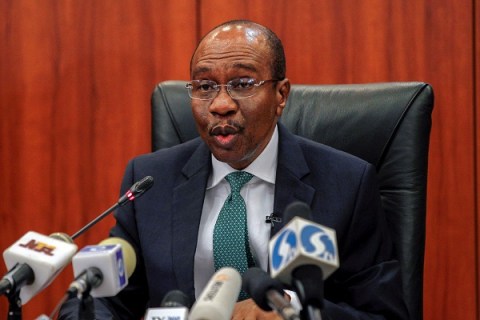
The Central Bank of Nigeria (CBN) has stated there is no plan to reverse the new cash withdrawal limit policy slated for take-off on January 9, 2023.
It however hinted necessary reviews of the details of the policy would be carried out after implementation.
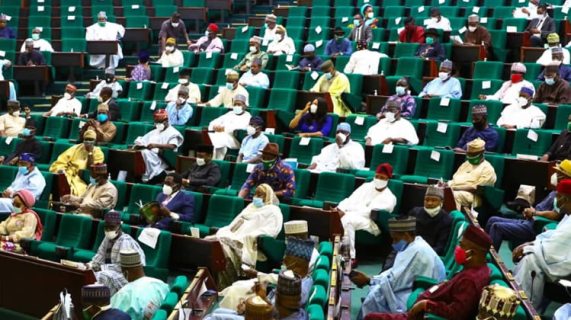
House of Representatives
Governor of the CBN, Godwin Emefiele, who disclosed these to State House Correspondents in Daura, Katsina State after a meeting with President Muhammadu Buhari, also said the policy is not targeted at any particular person but aimed at developing the economy.
A section of the public, especially the National Assembly, has kicked against the new policy, which many believe will make life difficult for Nigerians, affecting those in the small business enterprise cadre.
The House of Representatives on Thursday asked the CBN to suspend the policy until it adheres to the Act establishing it, summoning the Governor to brief members on it.
But Emefiele said he has the President’s backing for the current monetary redirection efforts, saying Buhari “was very very happy and said we should carry on our work, no need to fear, no need to bother about anybody”.
Responding to questions from Correspondents after his meeting with the President, Emefiele said: “Well, the Senate of the Federal Republic is National Assembly, they are legislative arm of the government and from time to time we brief them about what is happening and about our policies and I’m aware that they have asked for some briefings and we will brief them but I think it’s important for me to say that the cashless policy started in 2012.
“Almost three to four occasions we have had to step down the policy because we felt that there is a need for us to prepare ourselves and deepen our payment system infrastructure in Nigeria. Between 2012 and now 2022, almost about 10 years, we believe that a lot of electronic channels have been put in place that will aid people in conducting banking and financial service transactions in Nigeria.
“We heard about people talk about some of the people in the rural areas and the truth is that even online banking, as I was coming out to Daura, I saw a kiosk that has super agent today. It’s because of the way we felt that there was a need for us to deepen the payment system infrastructure.
“We have 1.4 million super agents that are all over different parts of the country, all local governments, and all villages in this country and I have told my colleagues, some of their names are already on the CBN website and we will publish all the names of all the super agents and having super agent, which is different from the banks, which is different from microfinance banks, which is different from other financial institutions.
“Having 1.4 million of them is as good as having 1.4 million banking points where people can conduct services and we think, Nigeria as a big country, the biggest economy in Africa, that we need to leapfrog into the cashless economy.”
House of Reps orders CBN to suspend new cash withdrawal limit
The House of Representatives has asked the Central Bank of Nigeria (CBN) to halt the implementation of the new cash withdrawal policy slated for January 9, 2023 pending compliance with the provisions of the Act establishing the bank.
The House also summoned CBN Governor Godwin Emiefele in accordance with the provisions of the Central Bank Act to brief the Chamber on several policies of the bank in recent times.
There was anger in the House on Thursday as members took turns to condemn the new cash withdrawal policy, saying it will grossly affect small businesses and the economy since most rural communities don’t have access to banks.
However, following a point of order raised by Mark Gbillah on the provisions of the Central Bank Act, the House directed the CBN Governor to appear before the House on Thursday, December 15, 2022 to brief the House on why the policy should be allowed to stand.
Sponsor of the motion, Magaji Da’u Aliyu, said the new policy by the CBN, which limits daily cash withdrawal to N20,000 daily should not be allowed to stand as it will adversely affect the Nigerian people, especially those running small-scale businesses.
He said while the country was trying to come to terms with the decision to redesign the currency, the CBN was coming up with yet another policy that will adversely affect the masses without proper advocacy.
-
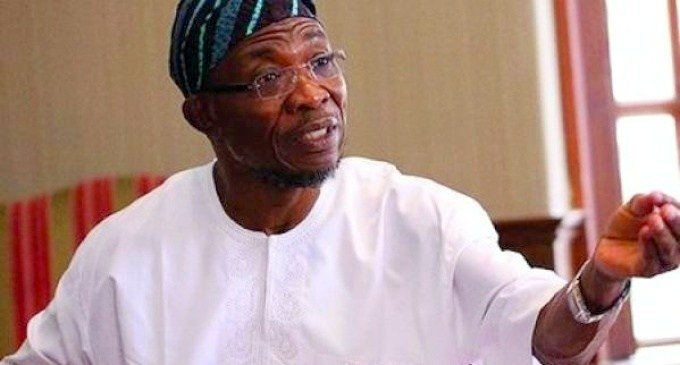
 news7 years ago
news7 years agoOsun Government presents 2015, 2016 audited accounts…sets record as the first state in Nigeria to publicly declare accounts
-

 crime5 years ago
crime5 years agoArotile’s ex-classmate had no driver’s licence, report reveals
-

 lifestyle8 years ago
lifestyle8 years agoAmazing Tips for an Outstanding Makeup
-
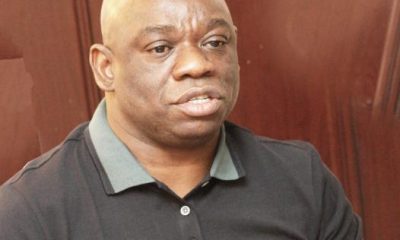
 news4 years ago
news4 years ago2023: Kola Abiola Set To Declare For Presidency
-
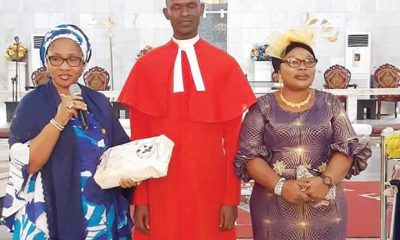
 entertainment5 years ago
entertainment5 years agosanwo-Olu honours sacked chaplain after Ambode’s wife saga
-

 business5 years ago
business5 years ago#EndSARS: Access Bank announces N50 billion interest-free facility for businesses
-
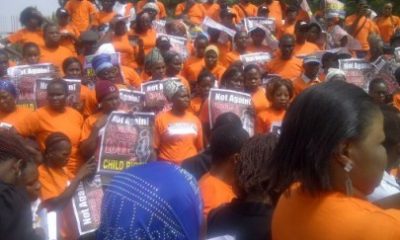
 entertainment6 years ago
entertainment6 years agoSee how Women now use toothpaste to tighten vagina
-

 lifestyle5 years ago
lifestyle5 years agoUS Church ‘refunds members three years tithes’ as help during COVID-19

